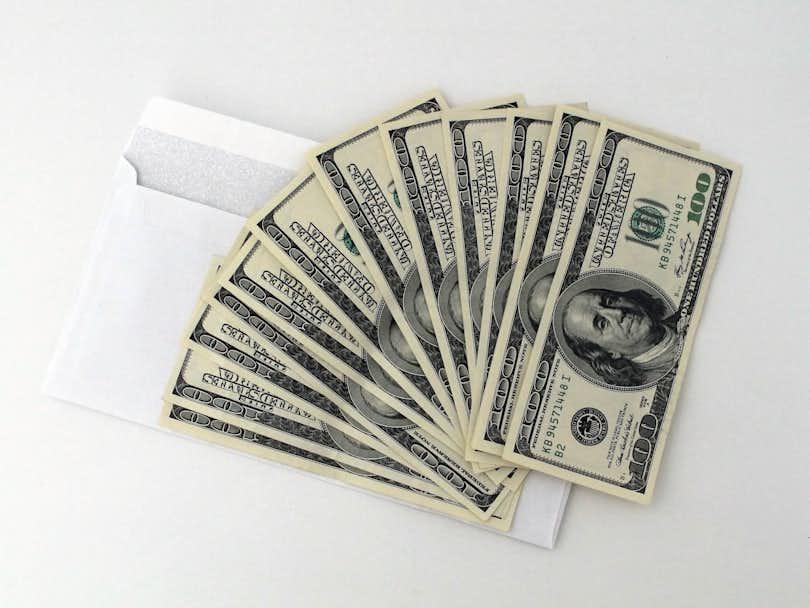
You did some serious hunting and scored the perfect house. Now it's time to sort out the payments.
Despite your late-night Google searches, you're still unclear how it's all going to work out. Who pays the real estate agent? This is a very common question.
To fully understand who pays real estate commissions — whether it's the sellers, buyers, or both — you first must take a look at how real estate agents are getting paid and how they share cooperating commissions.
How Real Estate Commissions Work
Real estate commission fees are how most real estate agents are paid for the homes they sell.
These agents work for a real estate broker, so all fees paid to the real estate agent pass through this broker. Only a real estate broker can pay the real estate commission and sign a listing agreement with a seller.
On average, buyer's agents are paid around 2.65% of the final sale price of a home. The seller is usually responsible for paying this fee.
Realtor commission changes may be coming
A November 2023 lawsuit found the National Association of Realtors (NAR), Homeservices of America, and Keller Williams Realty guilty of misleading sellers into paying inflated realtor commissions.
Traditionally, the seller pays the entire 5-6% commission, which is then split between the seller's and buyer's agent. The lawsuit argued that this system burdens sellers with the cost of paying the buyer's agent, who may not represent their best interests.
However, the ruling indicates a potential shift in this practice and suggests that buyers might soon be the ones paying their agents' commissions.
While immediate changes to realtor commissions are not expected, we will keep an eye on developments and update our content as needed.
» READ MORE:
- NAR lawsuit: After a $1.8 billion verdict, the clock is ticking on the 6% real estate commission
- Backgrounder Q&A: National Association of REALTORS
Is it the Buyer Who Pays?
If you're buying a home, you're probably off the hook for paying the real estate agent commission. The home seller covers the commission fee for both the seller's and the buyer's agent. However, that doesn't mean that there is no cost to the buyer. Sellers sometimes account the fee they'll be paying by including them in their listing price.
The seller then is not obligated to compensate the listing broker for more than the listing side or portion of the commission. Reduced listing prices often reflect the amount the buyer is paying. Sellers can also credit the buyer the commission and the buyer, in turn, credits the brokerage.
Is it the Seller Who Pays?
When the sellers set the listing price for the home, they usually take the agent's commission into account. It's just the cost of doing business. Under a Buyer's Broker agreement, the named brokerage and agent represent the buyer. The seller most commonly pays the fee paid to the broker. Some Buyer Broker agreements contain clauses that will compensate the brokerage for the fee if it is less than the amount paid by the seller.
The home seller usually picks up this tab. Typically, the seller pays the fee at the settlement table at the time of sale, where the total is subtracted from the proceeds of the home sale.
Who is Really Paying?
You can argue the buyer always pays the commission. Why? Because it's part of the sale price. If the seller did not sign an agreement to pay the commission, the sale price might decline.
Whether you're a buyer or a seller, the listing price is not the only number you should consider. Fees outside the cost of the house can add up, and you don't want to be hit with surprises later in the game. If the closing costs are a little bit steep, and the seller won't chip in as much as the buyer would like, the buyer can request to roll the closing costs into the mortgage.
It's tough to know who is responsible for paying commission. Before you start pointing fingers, consult Clever. Whether buying or selling, Clever's flat-fee, full services agents will help you through the process. Call us today at 1-833-2-CLEVER or fill out our online form to get started.





